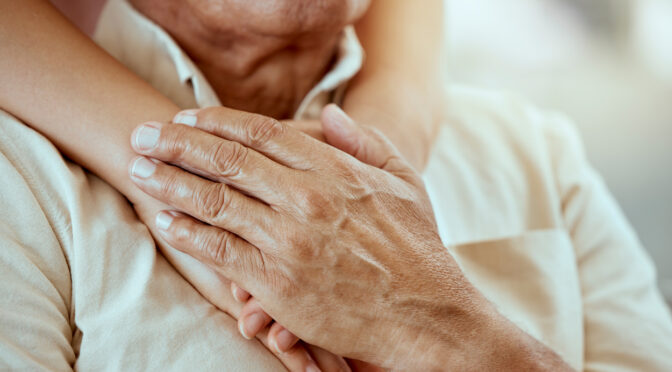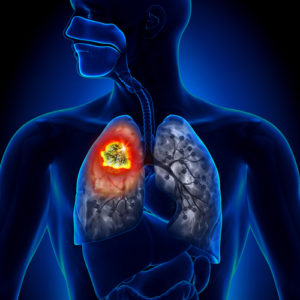Issels® Center for Immuno-Oncology provides state-of-the-art techniques to support and encourage a patient’s immune system to defend against cancer cells. Often times, even though treatment is progressing, cancer patients may experience a feeling of sadness.
The question is if the patient is having random moments of sadness or is clinically depressed. Knowing the difference is important.
Random Moments of Sadness
When you’re feeling sad, it can be for any number of reasons from worry about a health condition to stress of paying medical bills. Being sad doesn’t encompass your feelings for the majority of the time. You’re sad; you work through the issue, find a resolution, talk with friends or family, and continue your normal daily routine. Depression is the exact opposite and a much more serious condition.
Studies show that between 15-25 percent of the people who’ve been diagnosed as having cancer are candidates for depression. Some of the signs of depression may seem like sadness but there are differences.
- Depression is long-term unhappiness
- Experience excessive tiredness
- Lack of interest in hobbies and activities
- Eating routine changes
- Restless and nervous feelings
- An obvious change in sleeping habits
- Lack of concentration
- Significant change in mental and physical reactions
- Feeling as if you no longer matter
- Continued thoughts of the possibility of death
- Thoughts of suicide
Anti-depressants, exercise, counseling, established routines, and psychotherapy are all ways to deal with depression. If you suffer from any of the listed symptoms, contact your physician to determine a plan of action.
If you need information about the services available at Issels® Center for Immuno-Oncology, contact us by phone or use the online form to submit your request.






